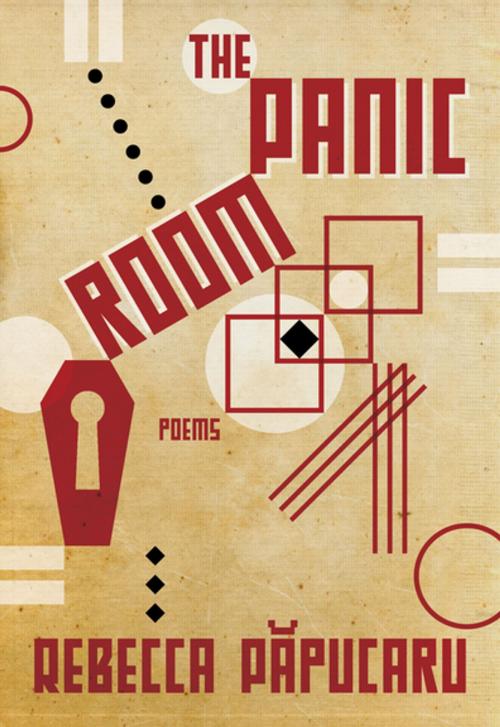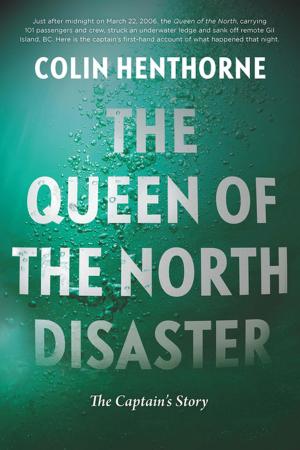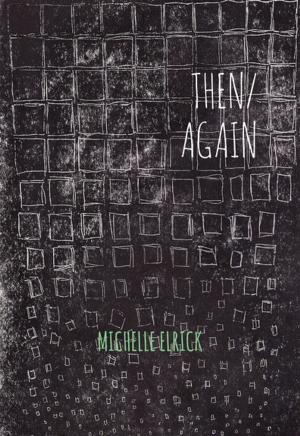| Author: | Rebecca Papucaru | ISBN: | 9780889711266 |
| Publisher: | Harbour Publishing Co. Ltd. | Publication: | September 2, 2017 |
| Imprint: | Nightwood Editions | Language: | English |
| Author: | Rebecca Papucaru |
| ISBN: | 9780889711266 |
| Publisher: | Harbour Publishing Co. Ltd. |
| Publication: | September 2, 2017 |
| Imprint: | Nightwood Editions |
| Language: | English |
Preoccupied with the complexities of identity and selfhood, memory, embodiment, loss, and family, Rebecca Păpucaru carefully examines details that make up one's lived experience.
"Lobster Dinner" describes a happy childhood memory of eating an entire lobster with an admiring father as her audience. "Take It or Leave It" is the casual and quotidian, yet heartbreaking, failure of a daughter and her mother to find an emotional connection during an art gallery outing. "Your Women Are Beautiful" betrays the dreamy excitement of travelling in an unfamiliar place, juxtaposed with the blunt reality of arriving home again.
The Panic Room is about the giants that loom over us, too. A second-generation Eastern European Jewish immigrant, Păpucaru attempts to grapple with connecting with her family's past as well as the distinct feeling of being disconnected. In "On Watching an Eastern Bloc Comedy" she writes, "I'm one generation apart from all this, / and ashamed. Of my father, before his / refrigerator, mourning age spots on lettuce."
Păpucaru offers unabashed honesty: the sort of reflections you'd only tell your dearest friend.
Preoccupied with the complexities of identity and selfhood, memory, embodiment, loss, and family, Rebecca Păpucaru carefully examines details that make up one's lived experience.
"Lobster Dinner" describes a happy childhood memory of eating an entire lobster with an admiring father as her audience. "Take It or Leave It" is the casual and quotidian, yet heartbreaking, failure of a daughter and her mother to find an emotional connection during an art gallery outing. "Your Women Are Beautiful" betrays the dreamy excitement of travelling in an unfamiliar place, juxtaposed with the blunt reality of arriving home again.
The Panic Room is about the giants that loom over us, too. A second-generation Eastern European Jewish immigrant, Păpucaru attempts to grapple with connecting with her family's past as well as the distinct feeling of being disconnected. In "On Watching an Eastern Bloc Comedy" she writes, "I'm one generation apart from all this, / and ashamed. Of my father, before his / refrigerator, mourning age spots on lettuce."
Păpucaru offers unabashed honesty: the sort of reflections you'd only tell your dearest friend.















